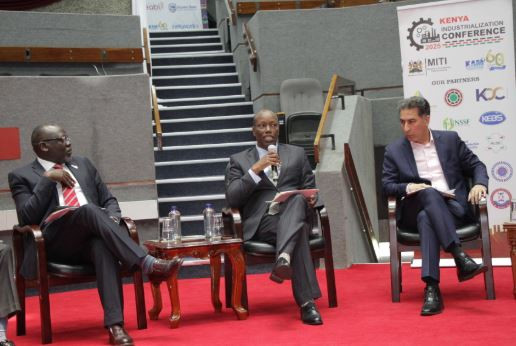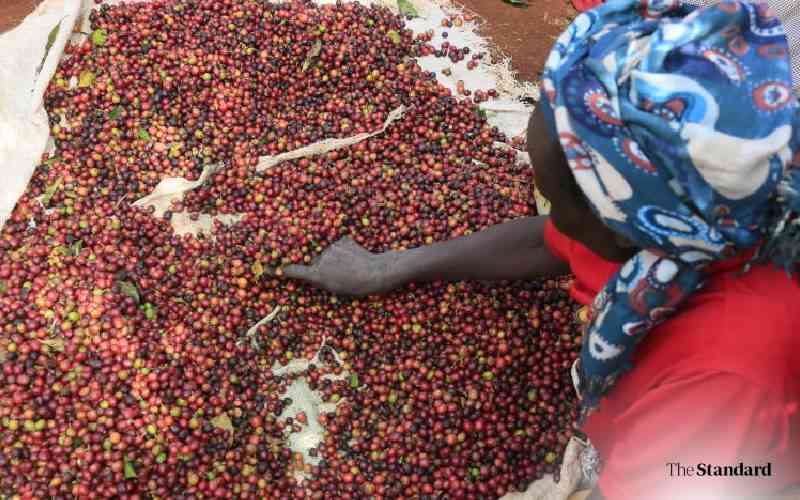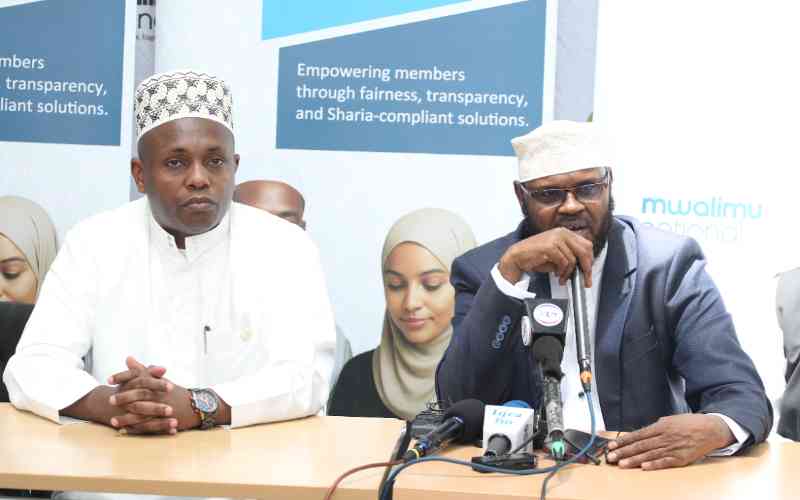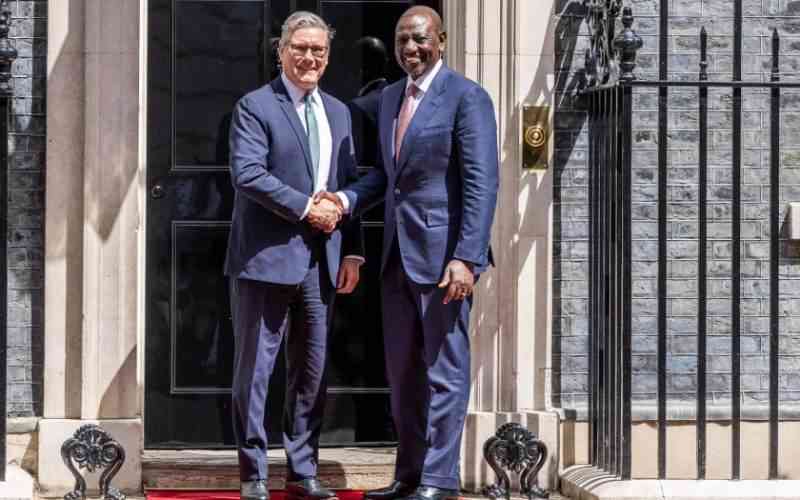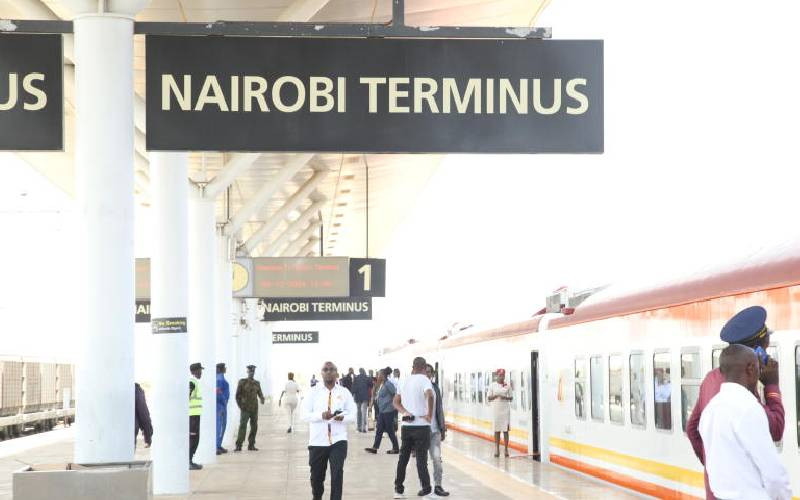
Kenya Railways Corporation (KRC) has failed to repay a loan undertaken for the implementation of the Standard Gauge Railway (SGR) amounting to Sh569.3 billion over the past six years, a damning report by the Office of the Auditor General has revealed.
The loans were advanced in 2014 and 2015 to fund the SGR Project, intended to be implemented in four phases. However, Auditor General Nancy Gathungu’s report highlights that KRC has not been generating sufficient revenue to service its on-lent loans.
The report on the management of on-lending activities in Kenya, tabled before the National Assembly Committee on Public Debt and Privatisation, further reveals that of a total Sh153.7 billion loaned to state-owned enterprises (SOEs), only Sh1.6 billion has been repaid.
Gathungu noted that for the period under review, the 2018/2019 financial year to 2023/2024 – KRC failed to meet its obligations on three on-lent loans totalling Sh569.3 billion, inclusive of capitalised interest accrued during the grace period of the loans to the government.
On-lending occurs when the government borrows from external sources to lend funds to public sector entities, which are then responsible for utilisation and repayment.
“This was partly because, at the time of the audit, the objective of the project, the implementation of the standard gauge railway from Mombasa to Malaba, had not been fully realised as envisioned in the feasibility study. By January 2025, only Phase 1 and Phase 2 had been implemented,” reads the report.
The Auditor General further explained that KRC’s loan repayment failures were worsened by monthly revenue retention by the Kenya Ports Authority (KPA). KPA was responsible for collecting and remitting SGR freight revenue to an escrow account on behalf of KRC under the Take or Pay Agreement (TOPA).
However, between July 2023 and December 2024, KPA collected Sh22.62 billion, but transferred only Sh16.21 billion to the escrow account, retaining Sh6.27 billion to cater for potential refund claims arising from tariff disputes, despite there being no provision for such retention in the agreement.
“This unauthorised revenue retention deprived KRC of sufficient funds for loan repayment and indicates KPA’s non-compliance, adversely affecting KRC’s financial obligations,” the report adds.
The Auditor General warned that the growing defaults on on-lent loans by SOEs risk shifting the debt burden to the national government. She noted that the Sh153.7 billion on-lent loans due as at June 30, 2024, had seen minimal repayment, constraining the national budget and forcing the government to seek additional financing through borrowing and budget cuts.
Gathungu further highlighted that the Department of Government Investment and Public Enterprises (D-GIPE) was not involved in loan negotiations. A review of loan files for KRC and selected water works development agencies revealed that D-GIPE was excluded from pre-negotiation and negotiation processes, and only participated in drafting subsidiary loan agreements after the loans were secured.
“This lack of involvement meant financing agreements were negotiated without adequate risk assessment or consideration of the borrowing entities’ capacity to repay. D-GIPE’s absence from these committees contributed directly to the repayment challenges now facing SOEs,” Gathungu stated.
The report underscores the need for stricter oversight, full compliance with loan agreements, and proper involvement of relevant government departments to safeguard public resources and ensure SOEs can meet their financial obligations.
Stay informed. Subscribe to our newsletter



